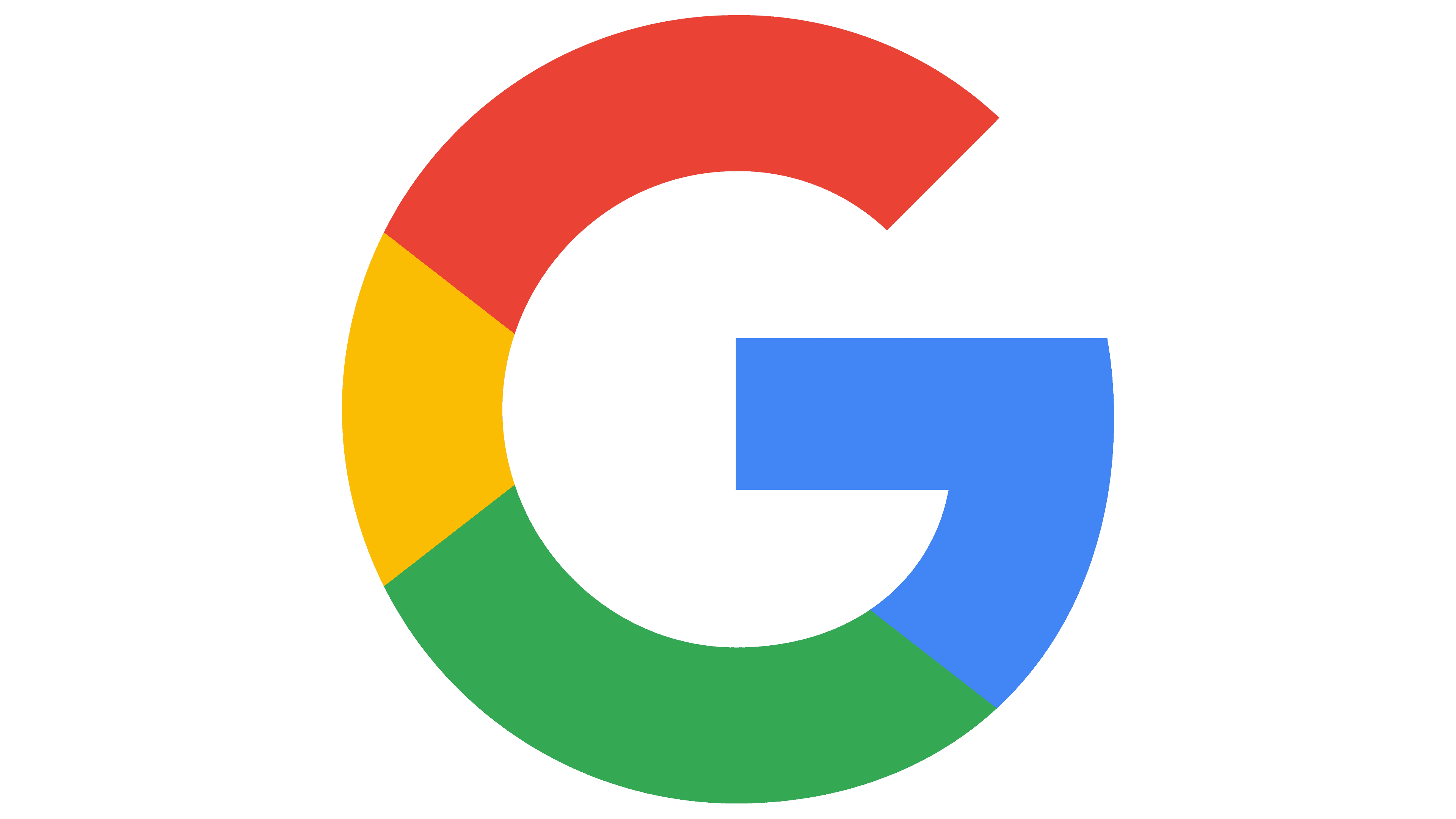The DOJ wasn't messing around with their breakup proposal. They wanted Google to sell Chrome (3.2 billion users) and spin off Android (71% of smartphones worldwide). That's not regulatory theater - that's dismantling the entire company.
Google's lawyers were probably working 100-hour weeks because the DOJ's demands were nuclear:
- Sell Chrome browser - that's 67% market share and direct access to what 3 billion people search for
- Spin off Android - goodbye to controlling 71% of the world's smartphones
- Stop paying Apple $18 billion/year for Safari default search
- Share search data with competitors - basically give away their competitive advantage
- Open up Android to rival search engines
Losing Chrome would've been devastating. Google tracks everything you do in that browser - what sites you visit, how long you stay, what you click. That data feeds their ad targeting algorithms worth $175 billion annually.
Android was even worse. The Play Store generated $47 billion in 2024. More importantly, Android is how Google gets search and ads onto billions of phones worldwide.
Judge Mehta's Logic (Which Actually Makes Sense)

Judge Mehta basically said breaking up Google would hurt users more than competitors. His logic:
Chrome without Google would suck. All the conveniences people actually use - auto-login to Gmail, syncing bookmarks across devices, personalized suggestions - would break. Chrome would become just another browser.
Android fragmentation would return. Remember Android before Google standardized it? Different versions on every phone, apps that didn't work across devices, security updates that took months. Nobody wants that chaos back.
Competitors have alternatives. Safari dominates iOS, Edge is built into Windows, Firefox exists. If people wanted to switch, they could.
Instead of breaking up Google, Mehta basically gave them detention:
- No more $18 billion payments to Apple for Safari defaults
- Android has to offer other search engines during setup
- Can't force Chrome installation with Android licensing
- Share some (not all) search data with competitors
Google probably popped champagne when they heard this. These restrictions are annoying but survivable.
And Wall Street? They went absolutely fucking mental.
Investors Went Nuts
Alphabet stock shot up 7% or 8% in one day. That's something like $150 billion in market cap - more than Intel or IBM are worth entirely.

Options traders who bet on this outcome probably made more money Tuesday than most people make in a lifetime. The market was expecting Google to lose Chrome and Android - instead they got a slap on the wrist.
Why Wall Street is celebrating:
- Chrome stays integrated (goodbye user tracking data)
- Android keeps generating $47 billion from Play Store
- Search ads keep printing $175 billion annually
- AI training can continue with full user data access
What Google Really Cared About: AI Dominance
The real win wasn't keeping Chrome - it was protecting their AI data advantage. If Google had been split up, their user data would be scattered across multiple companies. Good luck training Gemini when you can't access Chrome browsing data, Android usage patterns, and Search query history all at once.
Now Google can keep feeding everything you do across their products into their AI models. That integrated data is what lets them compete with OpenAI and Anthropic.
So what does this clusterfuck mean for the rest of us?
What This Means for Everyone Else
Big Tech just got a hall pass. If Google - the most obvious monopoly in tech - can avoid breakup, Apple's App Store and Amazon's marketplace are probably safe too.
DuckDuckGo and Brave Search might actually get users. Google losing those exclusive default deals means people will see other search options during device setup. Maybe 1% will actually choose them.
Congress will keep making noise. They're working on new antitrust laws specifically for tech companies, but that's years away and will probably get lobbied to death anyway.
Google just won the biggest regulatory fight in tech history. They get to keep their empire while pinky-promising to play nicer with search defaults. When you were expecting dismemberment and got detention instead, that's a massive victory.
